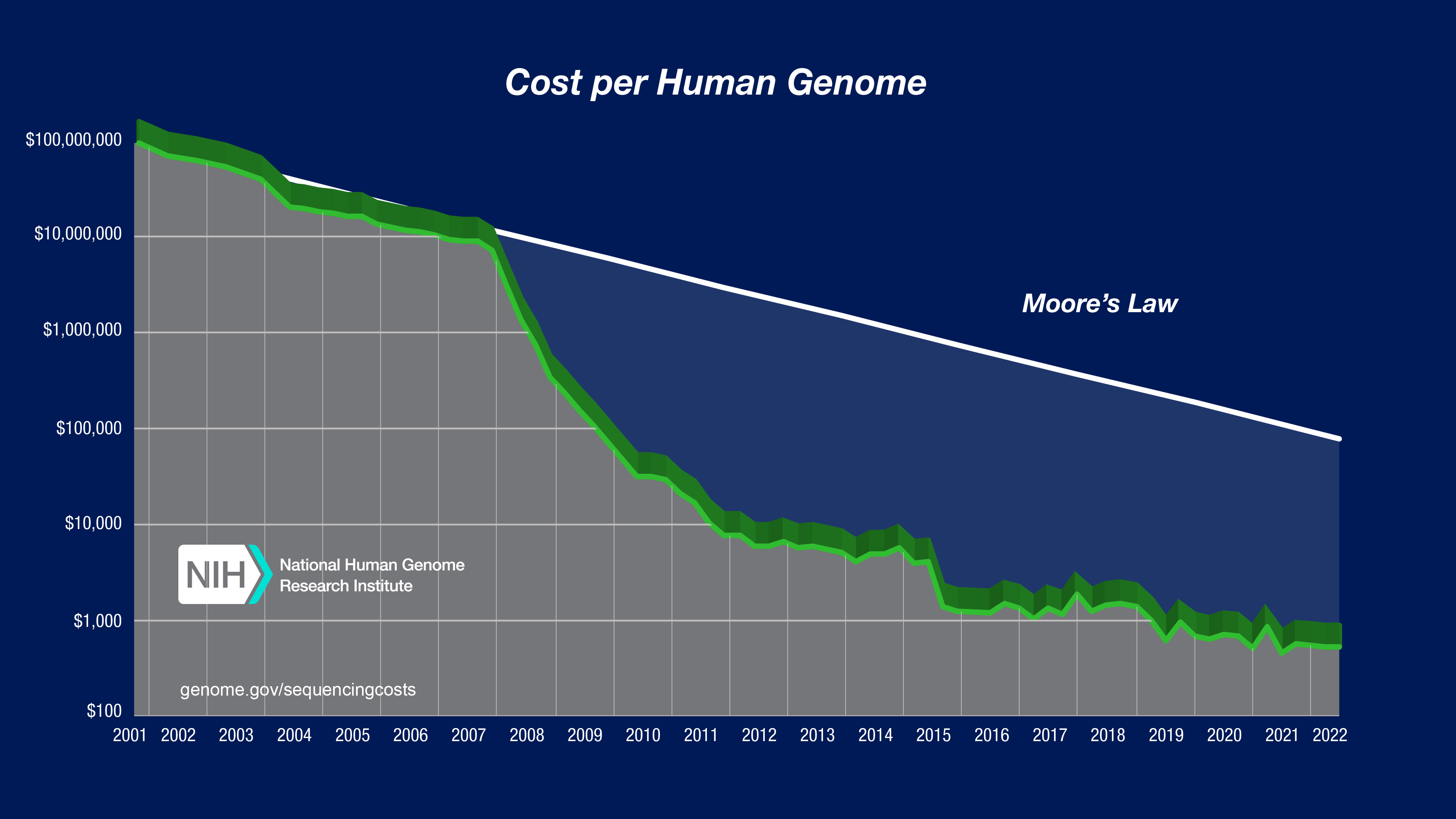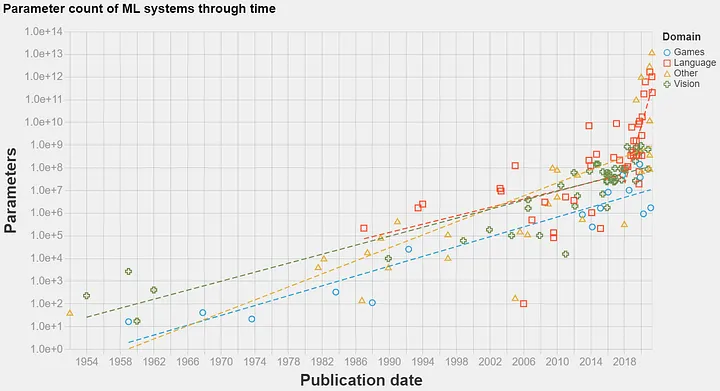ygolo
My termites win
- Joined
- Aug 6, 2007
- Messages
- 6,740
One of the things that has been an underlying force for a lot of the innovation we have seen for about the last 60 years is Moore's Law.

 en.wikipedia.org
en.wikipedia.org
Again, this is not a physical law (nor is it a legal obligation, lol). There has been a multi-corporate organization that aims to keep the trends going for as long as possible.
The current iteration of this organization is the International Roadmap for Devices and Systems.

 irds.ieee.org
irds.ieee.org
In the past it has been the International Technology Roadmap for Semiconductors and the National Technology Roadmap for Semiconductors.
Although semiconductor companies to still make progress, there are now only a handful of companies that are keeping up with the latest advances at scale. If you dig into the data, some are still struggling, especially Intel, the only company from the United States on the list. Of relevance to that fact, the US passed the CHIPS and Science Act last year.
This example is the most famous, but as I mentioned in the housing thread, if we as humanity coordinated so that every individual needed to spend less time working to meet their needs, they could spend their time to make other things happen, for instance assist in keeping Moore's Law going.
There are other examples of exponentials. One of the more famous is the Carlson Curve for the cost to sequence a human genome. This too has organizations that track it and encourage the exponential to keep happening. The Carlson Curve benefits from Moore's Law, but it is clear that there is an additional effect driving its exponential.

Another trend of note is the number of parameters in Machine Learning systems. Of specific interest, is that, as hype increased, so did the rate of parameter growth. What is possible is certainly affected by Moore's Law, but clearly there is an additional effect in play as well.

There are more ambitions concepts that need to be considered, including:
1) Automation Utopia
2) The technological singularity and future studies more broadly. Although there are solid trends and concepts with good backing, a lot of future studies turns pseudo-scientific, so one has to be careful.
I want to understand, what drives an exponential improvement in things? What would it take to drive an exponential improvement in human needs (let's start with the undisputed physiological needs of air, water, food, shelter, etc.)?
My belief is the answers to these questions lie mainly in politics, and not in technology or science--in the political will to coordinate human activity towards certain ends, not the specific breaktrus that would come as a result of such a coordination.

Moore's law - Wikipedia
Again, this is not a physical law (nor is it a legal obligation, lol). There has been a multi-corporate organization that aims to keep the trends going for as long as possible.
The current iteration of this organization is the International Roadmap for Devices and Systems.

IEEE International Roadmap for Devices and Systems - IEEE IRDS™
IEEE International Roadmap for Devices and Systems (IRDS™) is building a comprehensive, end-to-end view of the computing ecosystem.
In the past it has been the International Technology Roadmap for Semiconductors and the National Technology Roadmap for Semiconductors.
Although semiconductor companies to still make progress, there are now only a handful of companies that are keeping up with the latest advances at scale. If you dig into the data, some are still struggling, especially Intel, the only company from the United States on the list. Of relevance to that fact, the US passed the CHIPS and Science Act last year.
This example is the most famous, but as I mentioned in the housing thread, if we as humanity coordinated so that every individual needed to spend less time working to meet their needs, they could spend their time to make other things happen, for instance assist in keeping Moore's Law going.
There are other examples of exponentials. One of the more famous is the Carlson Curve for the cost to sequence a human genome. This too has organizations that track it and encourage the exponential to keep happening. The Carlson Curve benefits from Moore's Law, but it is clear that there is an additional effect driving its exponential.

Another trend of note is the number of parameters in Machine Learning systems. Of specific interest, is that, as hype increased, so did the rate of parameter growth. What is possible is certainly affected by Moore's Law, but clearly there is an additional effect in play as well.

There are more ambitions concepts that need to be considered, including:
1) Automation Utopia
2) The technological singularity and future studies more broadly. Although there are solid trends and concepts with good backing, a lot of future studies turns pseudo-scientific, so one has to be careful.
I want to understand, what drives an exponential improvement in things? What would it take to drive an exponential improvement in human needs (let's start with the undisputed physiological needs of air, water, food, shelter, etc.)?
My belief is the answers to these questions lie mainly in politics, and not in technology or science--in the political will to coordinate human activity towards certain ends, not the specific breaktrus that would come as a result of such a coordination.
Last edited:






